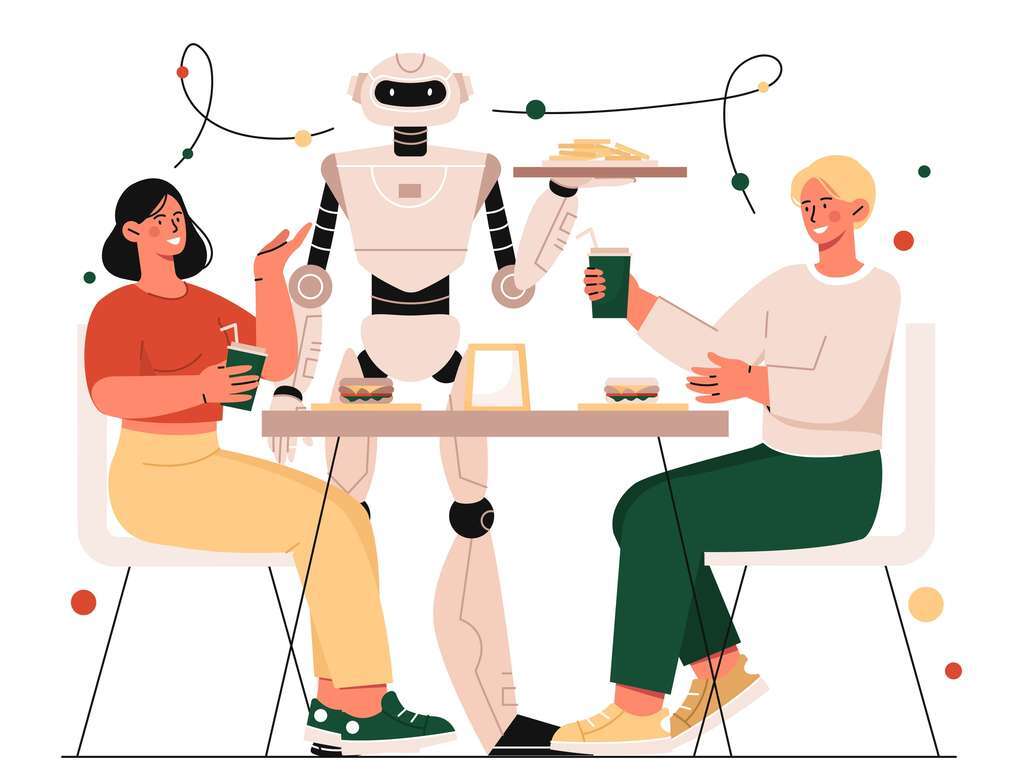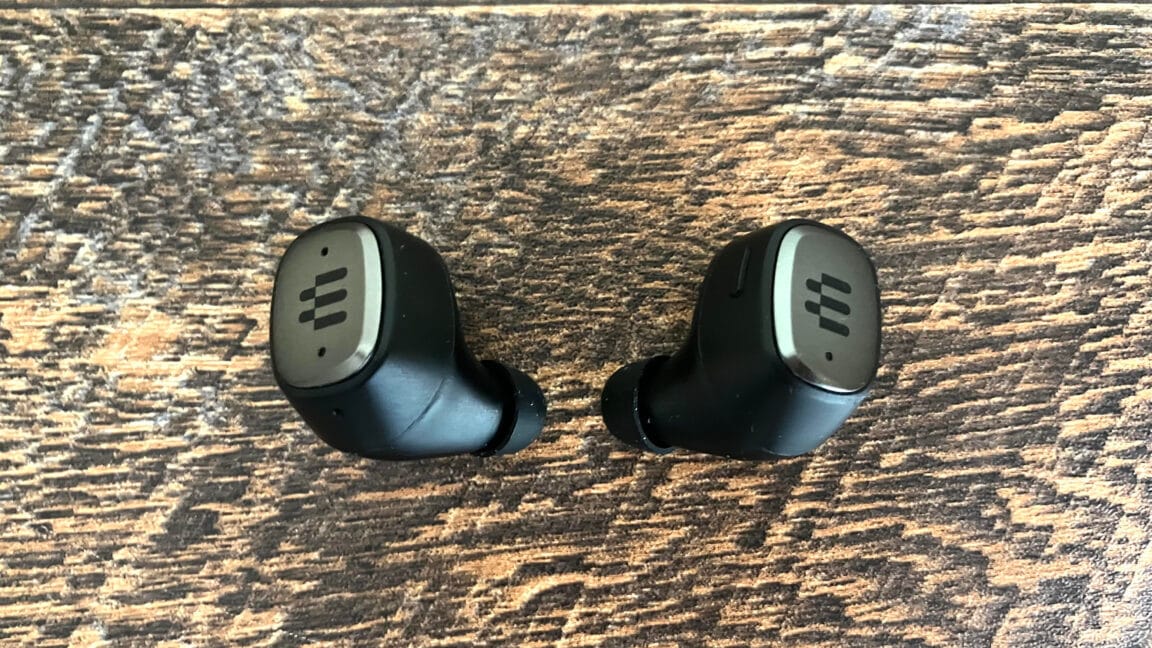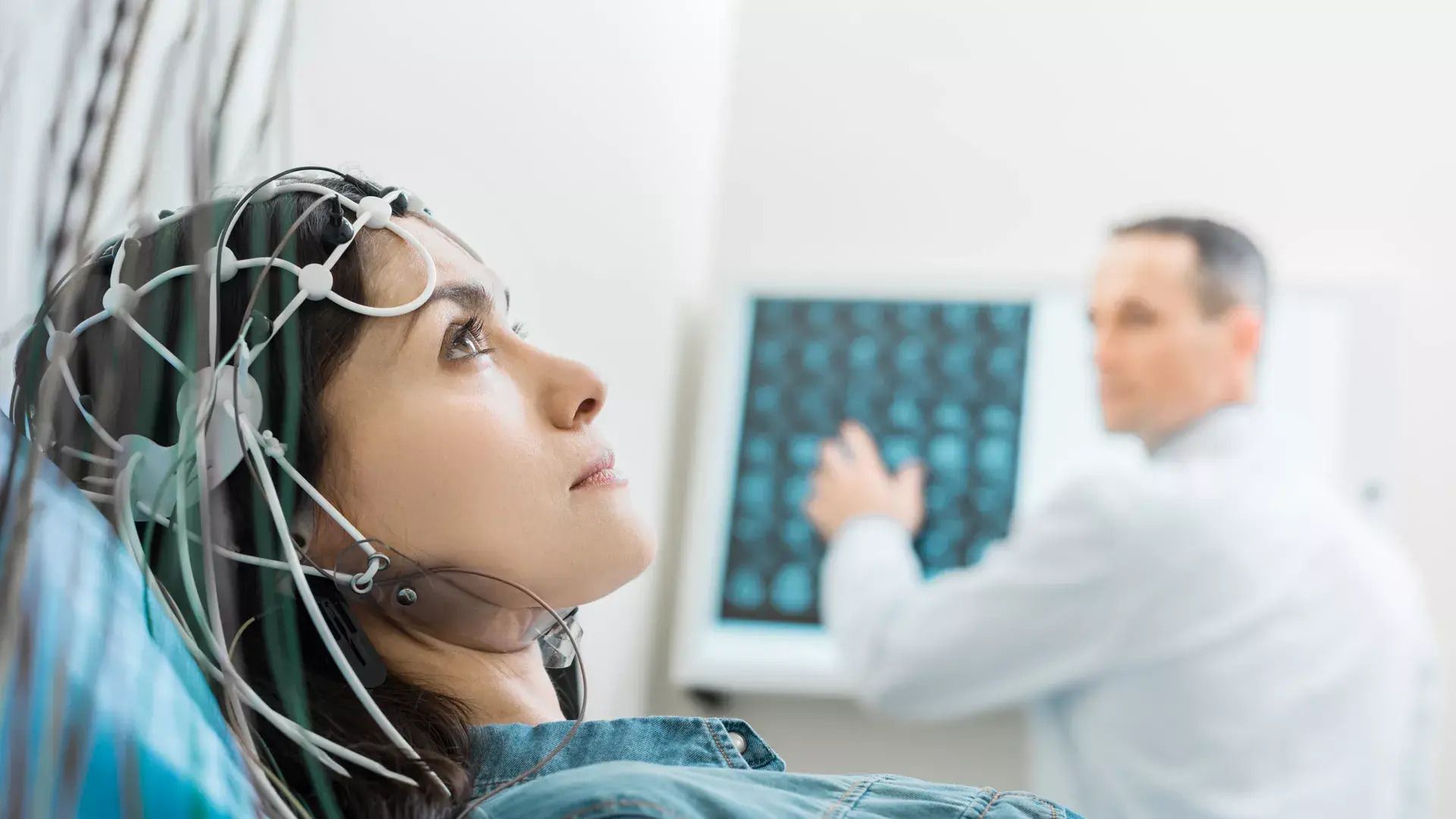- TECHSWU
- Posts
- TECHSWU
TECHSWU


In a heartfelt piece, gate attendant Ronald St. Pierre reflects on his seven years of service at The Villages, emphasizing how irreplaceable the human touch is in a world increasingly influenced by artificial intelligence.
He shares memorable experiences, like assisting lost travelers and directing motorists to safety, highlighting the blend of community spirit and safety that gate attendants provide. St.
Pierre argues that no AI can replicate the relationships and comfort built through personal interactions, which foster a sense of security and belonging among residents and visitors alike. His insights capture the unique charm of The Villages, reinforcing the idea that helpfulness and genuine connection are irreplaceable in creating lasting memories.


Artificial intelligence is revolutionizing the restaurant industry by enhancing personalization in guest experiences. Gone are the days of merely remembering names and birthdays; AI-driven systems now leverage sophisticated algorithms and vast datasets to anticipate guests' needs and create tailored experiences.
From digital menus that suggest personalized meal options based on taste preferences to predictive ordering systems that adapt in real-time, the future of dining is about catering to individual guests in a way that feels both intimate and thoughtful. As restaurants increasingly harness AI, trends like dynamic pricing and emotional recognition will reshape interactions.
Not only does this lead to happier customers, but it also promises significant operational efficiencies, such as reduced food waste. The takeaway? Restaurants that blend AI's capabilities with the human touch will thrive, creating memorable dining experiences that prioritize personal connection while leveraging cutting-edge technology to enhance service.

In a tech landscape where convenience often trumps sustainability, Scharon Harding laments the loss of her once-beloved wireless earbuds, the EPOS GTW 270. After rediscovering their charm during outdoor runs, her enthusiasm swiftly faded when she misplaced the essential charging case—a vital component that EPOS no longer sells.
The company's rapid exit from the consumer market leaves her with a functional gadget rendered useless by corporate short-sightedness. Reflecting on the ease of obtaining replacements for devices from other brands like Bose, she questions the industry’s commitment to long-term customer support.
As her earbuds quietly return to a forgotten drawer, Harding's experience underscores an urgent call for tech companies to prioritize user-centric designs and foster sustainable practices, lest perfectly usable products become e-waste due to a missing piece.

In a pioneering review, musician and disability advocate Lachi puts the Ray-Ban Meta AI glasses to the test, exploring their potential as a navigational aid for the visually impaired. On her travels across the U.
S., she admires the glasses' stylish design and impressive features like object recognition and real-time descriptions.
However, while they provide helpful assistance—such as identifying environments and suggesting text replies—Lachi raises concerns about privacy and the need for significant personal data access. She highlights the glasses' limitations, such as an inability to discern gender or race and ambiguous responses in busy environments.
Ultimately, Lachi finds them a promising, yet imperfect, tool for enhancing independence. Balancing technology with human connection, she emphasizes that true independence also lies in interdependence, suggesting a future enriched by both innovative gadgets and community support.
Would she recommend the glasses? Yes, but with hopes for improved features and a focus on accessibility.

Samsung is on a quest to revive the beloved S Pen for its Galaxy Z Fold series, following its absence in the latest Z Fold 7 model. The move to remove S Pen support was driven by a desire for a slimmer and lighter device, prioritizing sleekness over stylus capabilities.
However, recent developments suggest Samsung may be working on cutting-edge S Pen tech that could eliminate the need for a digitizer and internal battery, similar to Apple's approach with the Apple Pencil. If successful, this innovation could bring back S Pen functionality to future Fold models, enhancing productivity with features like note-taking and precise sketching on their expansive displays.
While the Z Fold 7 is equipped with impressive specs, many users are left hoping for the return of the S Pen, eager for the added convenience it offers. The future looks promising as Samsung explores ways to meet consumer demand while maintaining the foldable's sleek design.

This article dives into the exciting world of artificial intelligence (AI) and its revolutionary impact on neurodegenerative disease research over the past two decades. Conducting a detailed bibliometric analysis of 1,402 published works from 2000 to 2025, the study reveals a remarkable surge in AI-related research, particularly after 2017, driven by advancements in deep learning and data integration.
The United States and China lead the charge in publication volume, with the UK showcasing significant collaborative efforts. Keywords like "Alzheimer's disease," "machine learning," and "neuroimaging" underscore the focus areas within this cutting-edge field.
The research highlights four key frontiers: intelligent neuroimaging analysis, machine learning, molecular mechanisms in drug discovery, and clinical decision support systems. Looking forward, the authors call for enhanced interdisciplinary collaboration, advocating for innovative approaches such as explainable AI and digital biomarkers to accelerate clinical applications and improve patient outcomes in treating neurodegenerative diseases.